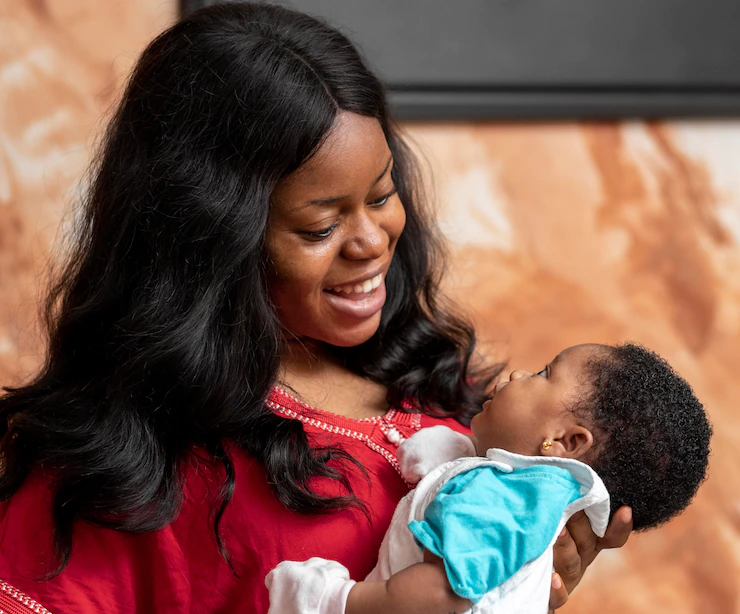Introduction
In South Africa, diverse cultural communities uphold a rich heritage of traditional birth practices that have been passed down through generations. These practices reflect the deep connection between cultural beliefs, social customs, and the journey of childbirth. This article aims to explore the role of traditional birth practices in South African cultural communities, highlighting their significance, benefits, and the importance of integrating them with modern healthcare approaches to ensure safe and respectful maternity care.
- Cultural Significance and Beliefs
Traditional birth practices hold deep cultural significance and are rooted in cultural beliefs and rituals. These practices often embody communal support, spiritual beliefs, and the transmission of cultural heritage. Some key elements include:
a) Rituals and Ceremonies: Traditional birth practices involve rituals and ceremonies that symbolize blessings, protection, and the invoking of ancestral spirits. These rituals are believed to promote a positive birth experience and ensure the well-being of both the mother and the newborn.
b) Community Involvement: Traditional birth practices emphasize the importance of community involvement. Women within the community, such as experienced mothers and traditional birth attendants, provide emotional support, guidance, and assistance throughout the childbirth process.
c) Cultural Customs: Various customs and traditions surrounding pregnancy, childbirth, and postpartum care are practiced, such as dietary restrictions, postpartum ceremonies, and the passing on of cultural knowledge from older generations to younger ones.
- Benefits and Wisdom of Traditional Practices
Traditional birth practices offer several benefits that contribute to the well-being of pregnant individuals and their families. These include:
a) Emotional Support: The presence of trusted community members during childbirth provides emotional support, creating a sense of belonging and reassurance for the mother. This support network helps alleviate anxiety and promotes a positive birthing experience.
b) Holistic Care: Traditional practices often take a holistic approach, addressing physical, emotional, and spiritual aspects of childbirth. Herbal remedies, massages, and specific dietary practices are believed to promote well-being and aid in the recovery process.
c) Empowerment: Traditional birth practices empower women by recognizing their strength and capability in giving birth. These practices emphasize the innate wisdom of women’s bodies and promote a sense of self-confidence during childbirth.
- Integrating Traditional Practices with Modern Healthcare
While traditional birth practices hold cultural and emotional value, it is crucial to integrate them with modern healthcare approaches to ensure safe and respectful maternity care. Key considerations include:
a) Collaboration and Communication: Encouraging collaboration and open communication between traditional birth attendants, community leaders, and healthcare professionals promotes shared knowledge and understanding. This collaboration can help ensure that cultural practices align with evidence-based medical guidelines and enhance the safety and well-being of both the mother and the newborn.
b) Education and Training: Providing education and training for traditional birth attendants and healthcare professionals can bridge the gap between traditional practices and modern healthcare. This promotes a comprehensive understanding of the benefits, limitations, and potential risks associated with traditional practices.
c) Respect for Choice: Respecting the choices of pregnant individuals and their families regarding the incorporation of traditional practices into their birth plans is essential. Healthcare providers should engage in non-judgmental discussions, informed consent, and shared decision-making to create a personalized and culturally sensitive care plan.
Conclusion
Traditional birth practices play a significant role in South African cultural communities, reflecting deep-rooted beliefs, rituals, and community support. Recognizing the cultural significance and wisdom of these practices while integrating them with modern healthcare approaches is crucial for ensuring safe and respectful maternity care. By fostering collaboration, promoting education, and respecting individual choices, we can create a balanced approach that honors cultural traditions while prioritizing the health and well-being of pregnant individuals and their newborns.










